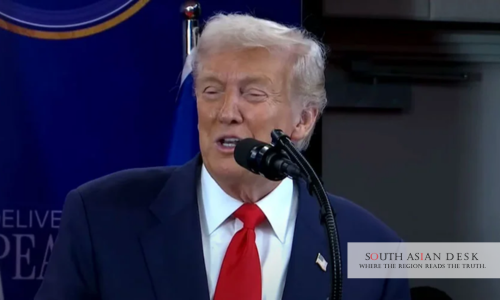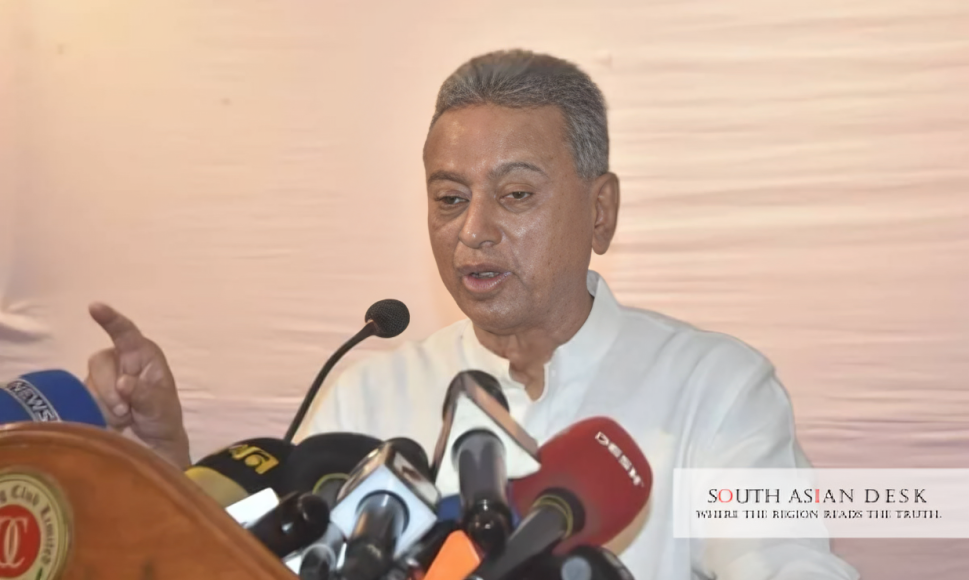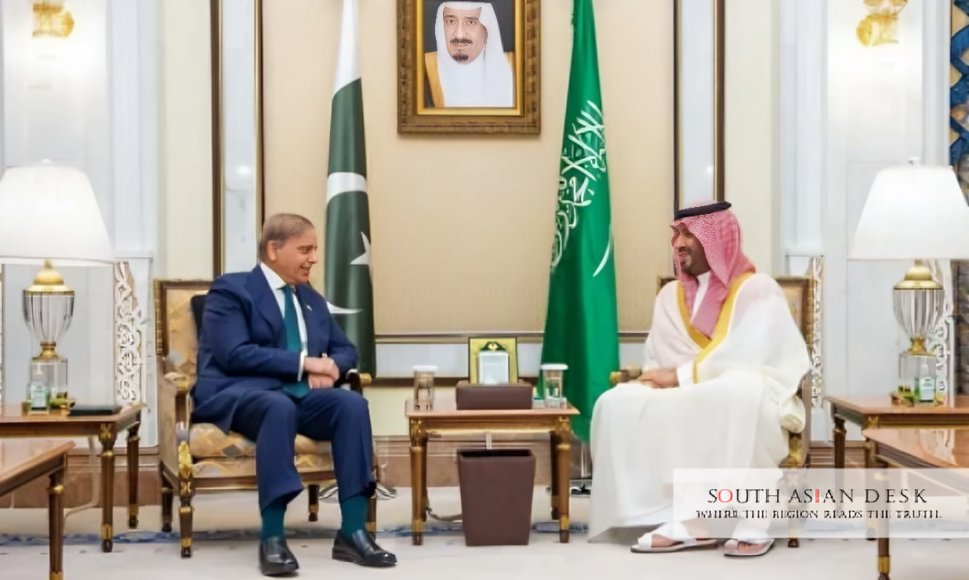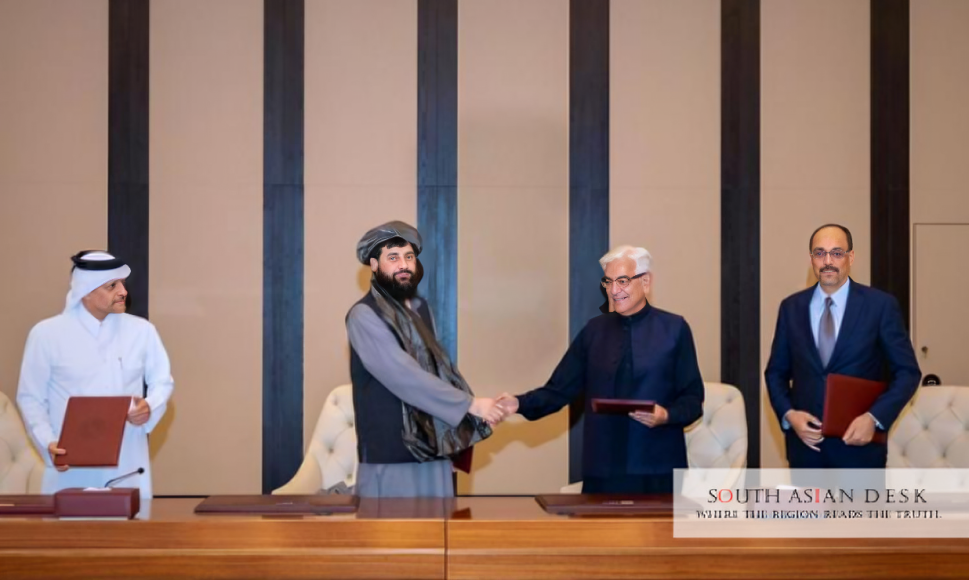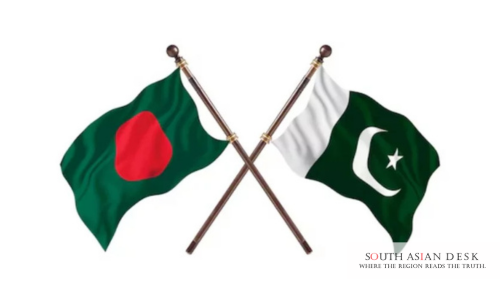US President Donald Trump vowed to resolve Pak-Afghan tensions quickly on Sunday during a ceasefire signing in Kuala Lumpur, Malaysia. The statement came as the second round of peace talks between Pakistan and Afghanistan continued without breakthrough in Istanbul, Turkey. Trump cited close ties with Pakistani leaders. Officials in both nations welcomed the US mediation offer.
This development carries weight for South Asia. Decades of border clashes have displaced millions and fuelled militancy. A Trump-led solution could stabilise trade routes, reduce refugee pressures on neighbours like India and Iran, and curb cross-border terrorism. It signals a US pivot towards active diplomacy in the region after years of withdrawal.
Trump’s Pledge Signals Bold US Diplomacy
US President Donald Trump made his vow to resolve Pak-Afghan tensions quickly while attending the Thailand-Cambodia ceasefire ceremony. He spoke to reporters on the sidelines at 2:15 PM local time. The remarks followed reports of fresh skirmishes along the Durand Line border last week. At least 12 soldiers died in exchanges since October 20.
Trump expressed optimism based on personal relationships. He knows Pakistan’s leaders well, he said. This marks the third time in two months he has addressed the issue publicly. Earlier pledges came during UN General Assembly sidelines in September.
The statement aligns with Trump’s 2025 foreign policy focus on quick wins. Supporters see it as proof of his negotiation prowess. Critics question if it overlooks deep-rooted grievances like water rights and militant safe havens.
Ties to Pakistan’s Military and Civilian Heads
Trump praised Pakistan’s army chief, General Asim Munir, as the “Pakistan Field Marshal.” He called Prime Minister Shehbaz Sharif a “great person.” These comments echo his past endorsements. In July, during a bilateral call, Trump urged de-escalation.
Pakistan values such endorsements. The nation faces economic strain from conflict. Border closures since mid-October halted PKR 2.5 billion in weekly trade. Resolving tensions could unlock US aid packages worth USD 500 million, tied to stability benchmarks.
Afghanistan’s Islamic Emirate views the praise cautiously. Officials note US leverage over Pakistan through military sales. Yet, they seek balanced mediation.
Istanbul Talks Hit Stalemate on Key Demands
Delegates from Pakistan and Afghanistan entered day three of talks in Istanbul on Monday. Turkey hosts the venue for neutrality. The agenda covers ceasefire terms, troop withdrawals, and militant extraditions.
Pakistan demands Afghanistan dismantle Tehrik-i-Taliban Pakistan bases. Afghanistan counters with calls to end airstrikes on its soil. Over 50 such strikes occurred in 2025 alone, per UN data. The second round builds on a fragile Qatar-mediated truce in September. That deal held for 45 days before violations. Casualties topped 300 this year, double 2024 figures.
Experts track progress closely. Yousuf Amin Zazi, a Kabul-based analyst, said US involvement tips scales. “America prioritises its interests,” Zazi noted. Peace aids counter-terror ops; war distracts rivals like China.
US President Trump Pak-Afghan Peace Pledge Gains Traction
The US mediation offer surfaced last Tuesday. A State Department cable confirmed it to both capitals. Afghanistan’s spokesperson welcomed the move. “The US must use influence over allies to aid us,” the official stated.
This pledge revives memories of Trump’s 2017 South Asia strategy. That plan boosted troops but stressed diplomacy. Now, in his second term, Trump eyes legacy wins. The Pak-Afghan file fits his “America First” frame by curbing migration flows.
Regional powers react. India monitors for spillover risks. China, with Belt and Road stakes, urges calm. Iran fears refugee influxes.
Pakistan’s response bolsters the US President Trump Pak-Afghan peace pledge. Defence Minister Khawaja Muhammad Asif called it “more than welcome” in an October 16 interview. He linked ceasefire hopes to Afghan action on armed groups.
A Ministry of Foreign Affairs briefing on October 17 echoed this. Spokesperson Mumtaz Zahra Baloch expressed gratitude. “President Trump promised to make it stop, and we trust delivery,” she said.
These statements mark official buy-in. They counter domestic hawks pushing hardline stances. Islamabad weighs economic gains against security needs.
Background: Roots of the Trump Pakistan Afghan Conflict Solution 2025
Tensions trace to the 1947 partition. The Durand Line, a colonial remnant, divides Pashtun tribes. Disputes flared post-2021 Taliban takeover. Pakistan accuses Kabul of harbouring militants. Afghanistan rejects the border outright. Incidents peaked in 2025. A March incursion killed 28. Summer floods worsened humanitarian woes, displacing 1.2 million. UN reports cite climate and conflict as dual drivers.
Past US efforts faltered. The 2020 Doha accord sidelined Pakistan. Biden’s exit left vacuums. Trump’s return injects unpredictability. Data underscores urgency. World Bank estimates PKR 1 trillion in annual losses from instability. Remittances from Afghan workers in Pakistan hit USD 300 million yearly.
What’s Next for Regional Stability
Delegates reconvene Tuesday in Istanbul. US envoys may join virtually. Trump plans calls with Sharif and Afghan acting PM Mullah Hasan Akhund this week. Analysts predict a 60-day truce as starter. Full Trump Pakistan Afghan conflict solution 2025 demands verification mechanisms. Satellite monitoring and joint patrols feature in drafts.
Success hinges on enforcement. Past pacts crumbled without it. Yet, momentum builds. The US President Trump Pak-Afghan peace pledge offers fresh impetus. Trump vows to resolve Pak-Afghan tensions quickly. Observers watch if words turn to accords. South Asia awaits calmer horizons.
Published in SouthAsianDesk, October 27th, 2025
Follow SouthAsianDesk on X, Instagram, and Facebook for insights on business and current affairs from across South Asia.


